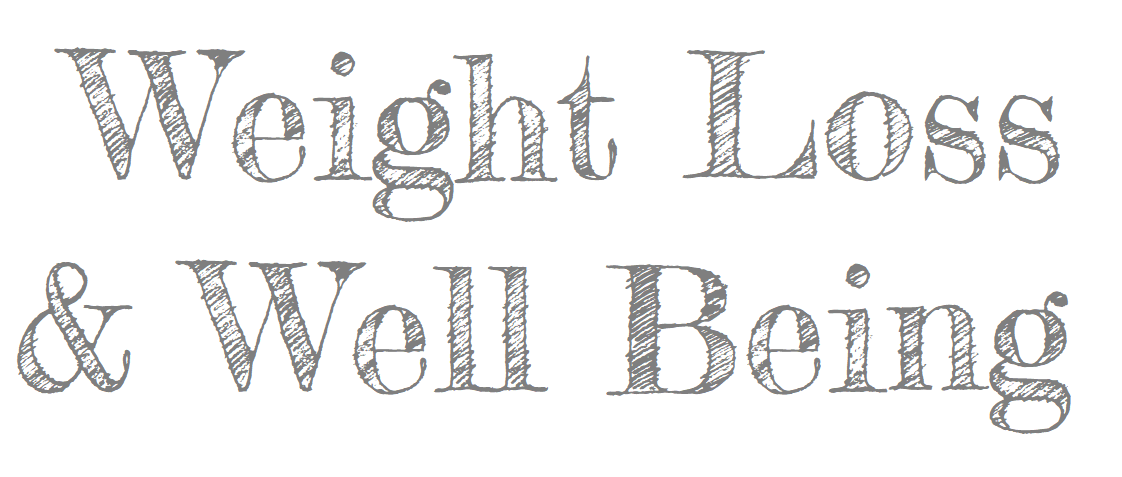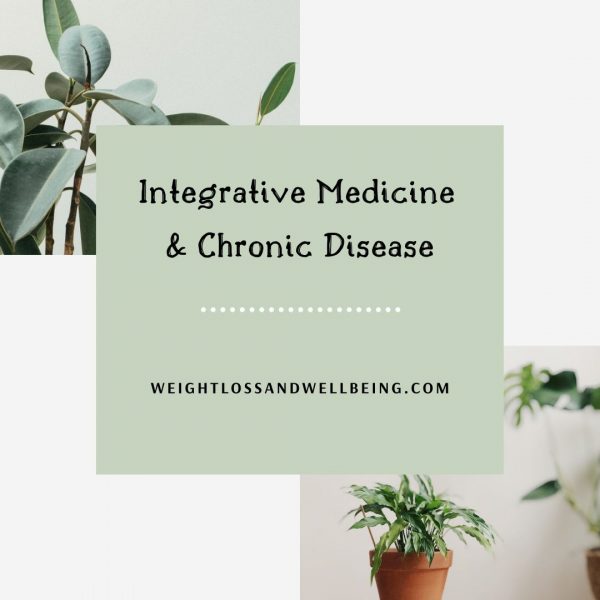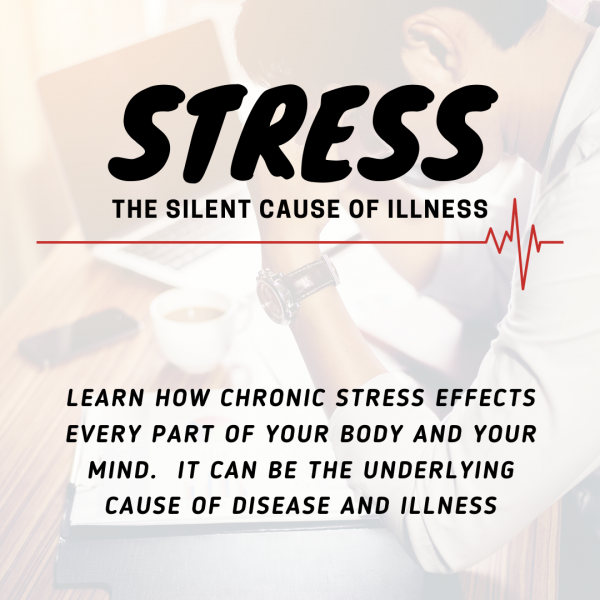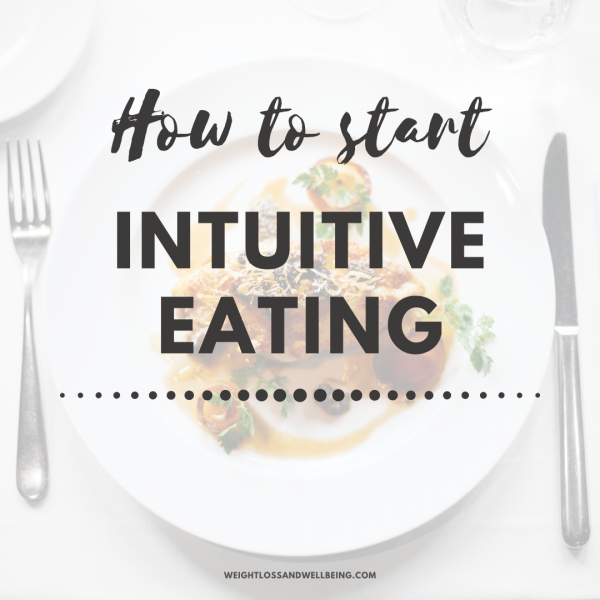Integrative medicine may be the answer to chronic disease. We are more sick and unhealthy as a country than we’ve ever been even after spending upwards of 3 trillion dollars annually.
It seems like there are constantly new healthcare buzzwords floating around. Everything from new diets, to new medications, even new therapies, surgeries, and medical devices. We hear how hard the healthcare industry is working to make us healthier. But something is not working, because we are more sick and more unwell than we ever have been.
What is Chronic Disease?
Not only are we facing the traditional health ailments like seasonal viruses and infections, but now there is a whole new group of ills taking precedence. These new illnesses are classified as “chronic diseases.”
The CDC defines chronic disease as a condition that lasts one or more years, requires ongoing medical treatment or attention, and has a limiting effect on daily life or activities. The most well-known of these diseases are diabetes, heart disease, and cancer.
However, there are many others that are now under this umbrella term. Chronic obstructive pulmonary disease (COPD), arthritis, and even allergies and sinus infections are lesser known chronic diseases.

These chronic conditions are also generally accepted to be “incurable” and treatments instead focus on managing the symptoms. Most of these illnesses are diagnosed later in life or considered “adult-onset.”
Chronic Disease Increases
It is obvious that the prevalence of these debilitating diseases is rapidly increasing. And per fightchronicdisease.org, at least 45% of the US population has at least one chronic disease. We can attribute 7 out of every 10 deaths to a chronic disease. And shockingly, ever 30 seconds a lower limb is amputated in the US due to diabetes.

Even worse, we can expect in the next five years that half of Americans will be suffering from at least one chronic illness.
The rapid increase in statistics may be partially attributed to the fact that more are reporting and we now have names for these conditions.
But it cannot be ignored or written off. These illnesses are causing a serious impact to a large portion of American’s and their families. And it is no secret that American’s lifestyles are becoming increasingly more toxic due to inactivity, processed foods, excessive portions, and countless additives and artificial ingredients.
Impact of chronic disease
If more Americans are suffering and requiring long-term medical care, we can only assume that it will increase costs. Healthcare premiums in the US have increased a dramatic 87% since 2000.
And, almost 75% of all the money spent on healthcare in the US goes to managing chronic disease. However, for publicly funded health programs, that number jumps to 83% for Medicaid and 99% for Medicare expenditures.
These hard dollars do not even reflect the economic burden. Many are forced to take time of work to care for their illness or those families members who are sick. There are days off work, lost productivity, and healthcare costs to the businesses. Overall, chronic disease is not just a burden for the individual but for the country as a whole.
Fighting chronic disease.
But, after all of this, there may be a light at the end of the tunnel. We may be able to slow down this wave of disease and prevent it in the future. New research is starting to emerge that clearly shows there are specific lifestyles and habits that can directly contribute to the development of chronic illness.
Tobacco, alcohol, poor nutrition, and physical inactivity are the four offenders. They are already notoriously accepted as bad habits by the health community, but seeing what they can do a population on the whole is overwhelming.

It is clear that lifestyle choices like proper nutrition, daily activity, and a reduction in alcohol and tobacco use can significantly reduce your risk of developing a chronic illness. If the causes of chronic disease are mostly lifestyle, we should probably assume, most of the remedies should be lifestyle based. Something that is conspicuously absent in modern conventional medicine.
What is Integrative Medicine
Since conventional medicine doesn’t offer lifestyle remedies and therapies, a new branch of medicine has emerged to fill the gap. Integrative medicine is the practice of treating the person as a whole, and not just a disease or symptom.

The evidence is so overwhelming that the CDC has stated that 80% of heart disease, stroke, and type 2 diabetes cases are preventable with lifestyle changes. And even say that 40% of cancer could be preventable as well.
It takes into account all lifestyle factors such as diet and activity levels. And all parts of the body including mind, spirit, community, and lifestyle.
Integrative medicine believes that the patient should be equal to the doctor in the medical relationship. The doctor values in the input and experiences of the patient.
It has gotten its name by integrating both “conventional” and “alternative” healing methods and therapies. These practitioners favor the most natural and less invasive method whenever possible.
But most importantly they are open to all types of healing therapies and looks at all equally. They stay open to new research, ideas, and paradigms as science progresses. And most of all they focus on promoting a healthy lifestyle in total and the prevention of illness.
Integrative vs. Traditional Medicine
Traditional or conventional medicine treats the symptom and disease. They look at these separately from the rest of the body. They generally rely on survery or removal and prescription drugs almost exclusively. And they do very little to address lifestyle issues or bad habits.
It also specifically separates the health of the mind and the health of the body. Each body part has its own specialist working independently.
And only rarely do these parties coordinate a plan to address an underlying issue. Often, people end up with three or four prescriptions for different symptoms of one disease.

Type 2 diabetes can be almost eliminated with good nutrition and physical activity. But conventional medicine has done little to correct the issue. It instead relies on insulin injections and pharmaceuticals costing upwards of $245 billion a year.

There are some who think that part of the reason doctors avoid promoting lifestyle changes over pharamceuticals is because of money. It is no secrete that the healthcare doesn’t make a profit off good nutrition and taking a walk.
However, there are billions and billions of dollars to be made in prescription medications and treating chronic disease. The more therapies, pills, treatments, and tests, the more money the healthcare system makes.
Whether that is intentional or not, it still comes down to what the patients want and what they are willing to do.
Most people go to a doctor expecting a quick fix. They want an easy pill to pop that will solve their problem and then move on their way.
Most patients are not willing to put in the hard work to change their lifestyles and break those bad habits. It is hard and uncomfortable. If patients were more interested in lifestyle remedies, I think doctors would be more forthcoming with recommendations.











